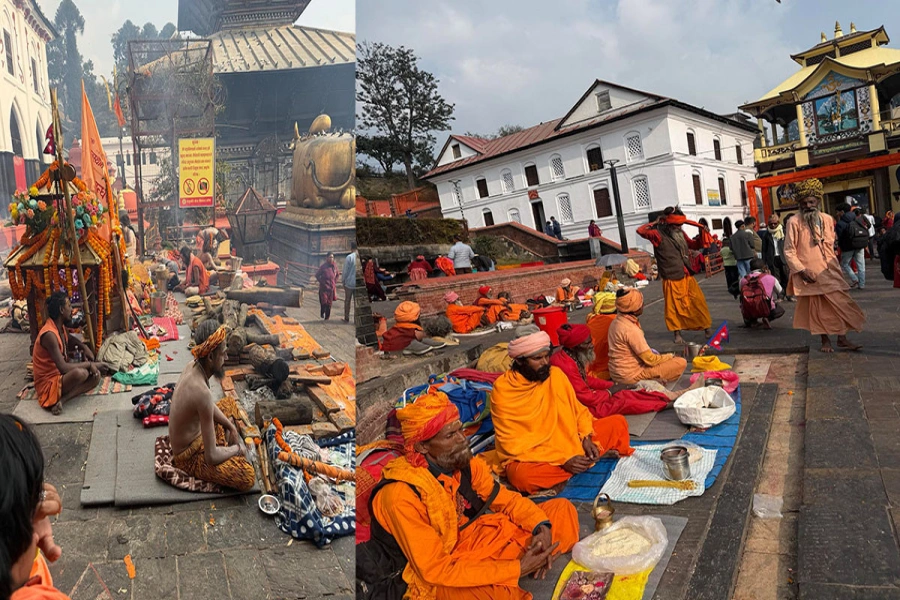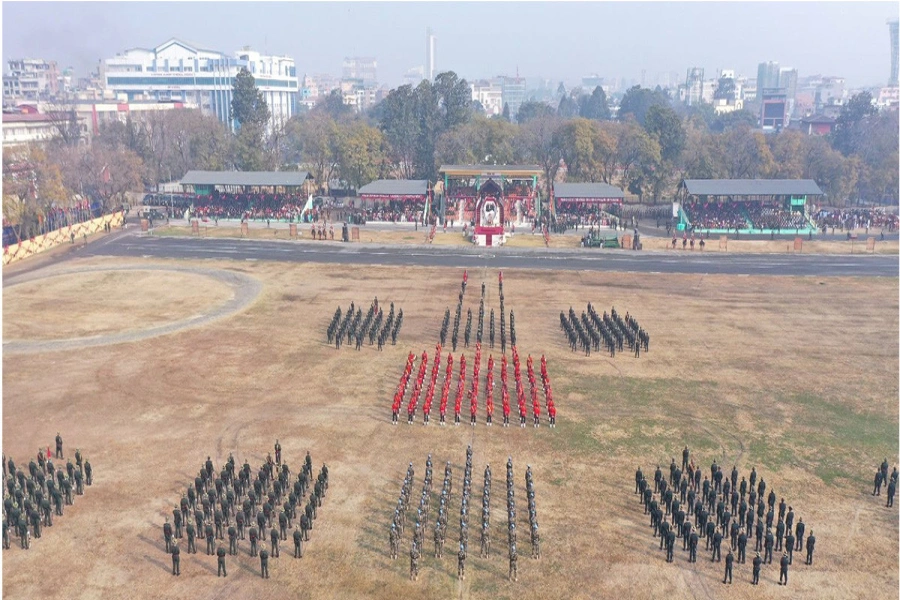In a world fraught with conflicts and human rights violations, the United Nations General Assembly (UNGA) serves as a vital platform where global leaders come together to address pressing issues affecting nations. Nepal, a country steadfastly striving for lasting peace and justice, witnessed its Prime Minister Pushpa Kamal Dahal addressing the UNGA, promising a brighter future adorned with peace, justice, and reconciliation within the nation. However, the passage of time has laid bare the truth that words, without tangible action, are but hollow promises. Over a decade and a half have elapsed since the Comprehensive Peace Accord (CPA) was inked; yet, leaders have continually promised justice to conflict victims who, impatiently, still await their due. Prime Minister Dahal, a co-signatory of the CPA, stood before the UNGA, reiterating the assurance that there would be no blanket amnesty for serious human rights violations. He underscored the goal to establish enduring peace and promote harmony within Nepalese society. Nevertheless, justice for the victims remains elusive, and as time elapses, it becomes increasingly evident that justice delayed is undoubtedly justice denied.
Education Ministry search for catchy words rather than result-o...

In his address to the 78th Session of the UNGA, Prime Minister Dahal reaffirmed his commitment to concluding the transitional justice process, acknowledging its critical position on his political agenda. He communicated the government's endeavors to bridge gaps and achieve consensus among key stakeholders, emphasizing a victim-centric approach and the victims' right to reparation. Also Chairman of the former rebel party that waged the decade-long armed conflict, Dahal, in his plea to the international community, requested their goodwill and support in concluding Nepal's peace process and recognizing the nation's successful transformation from conflict to a democratic Constitution in 2015. This constitution enshrined fundamental human rights and participatory democracy. However, actions resound louder than words, and the recent joint pledge by nine political parties to expedite the remaining tasks of the peace process, including transitional justice, is a promising step forward. The victims of the Maoist insurgency, who demand justice and thorough investigation into the charges brought against Dahal, are a testament to the urgent necessity for concrete steps to translate promises into action. The joint statement issued earlier this year by the nine parties, committing to the completion of the remaining tasks of the peace process, including transitional justice, is a positive development. It underscores the need for immediate action in accordance with the Comprehensive Peace Agreement and the spirit of the constitution.
Moreover, the commitment to present a bill addressing the concerns of conflict victims in the current session of parliament, and establishing the Truth and Reconciliation Commission and a Commission on Investigation of Enforced Disappeared Persons, is a beacon of hope. It reignites expectations for the establishment of a legal framework that ensures justice and accountability for the victims and their families. It is imperative for Prime Minister Dahal to convert his words into decisive action, expediting the transitional justice process and fulfilling the long-awaited promises of peace, justice, and reconciliation. The citizens of Nepal have waited long enough, and it is time for justice to prevail and for enduring peace to be established in the country. As a leader, Dahal must lead by example and demonstrate to the world that Nepal's commitment to peace and justice is not just mere rhetoric but a genuine and actionable pursuit.







































